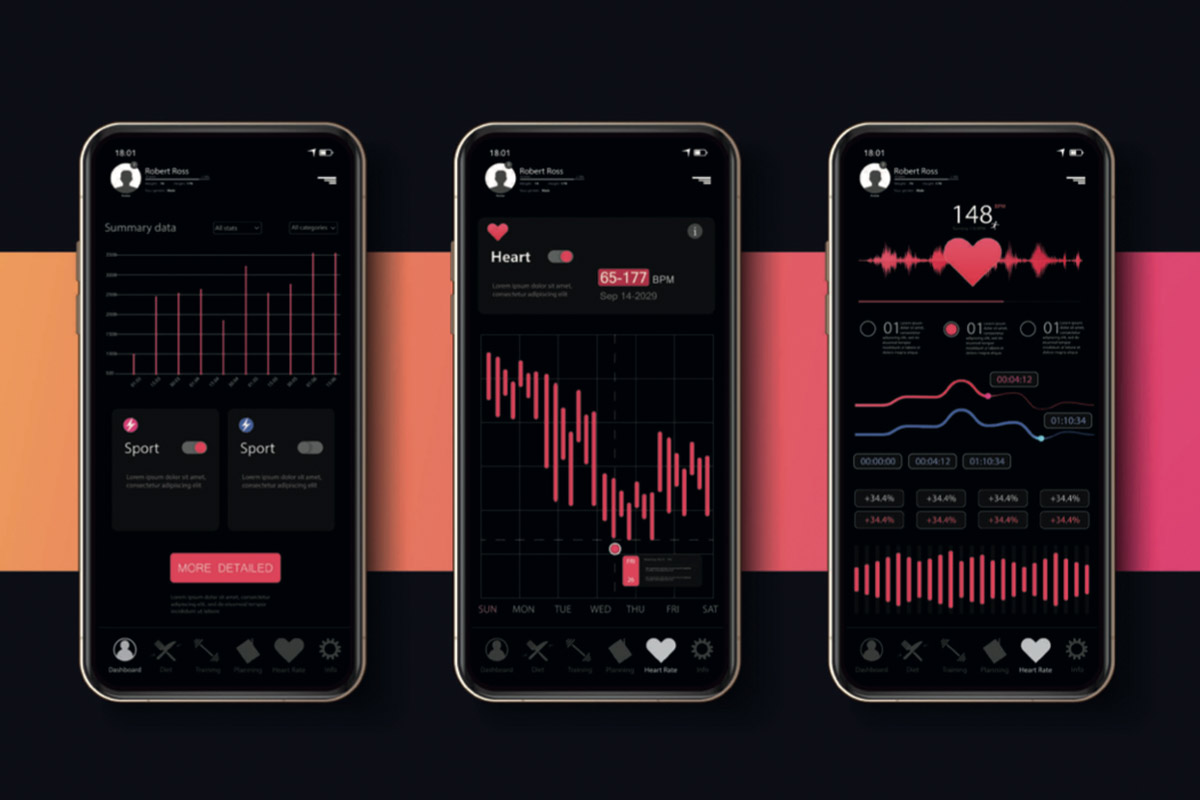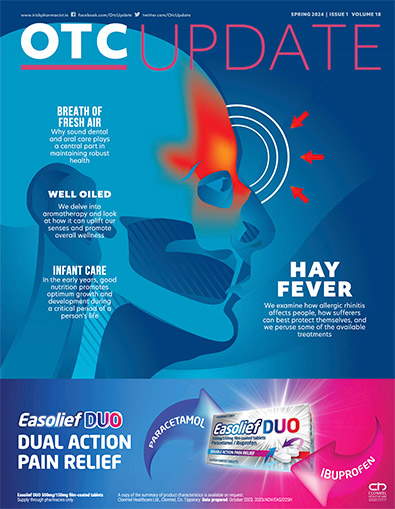Data from 2,000 global firms and over 5,500 professionals on what the key outcomes and learnings have been from the last few months of remote working and how Irish firms coped with the transition
1 It was a smooth relocation for almost all
According to data from recruitment firm Robert Walters, companies all over the world acted fast to initiate remote working programmes. For most of them, the transition was seamless, with a global average of 47 per cent of firms moving employees to a remote work environment within two days and only 61 per cent taking more than a week.
Ireland experienced an even more drastic change, where just 25 per cent of businesses stated their workforce were able to entirely work remotely pre-lockdown. This sky-rocketed amid Covid-19, with 82 per cent of firms implementing remote working in less than a week.
Of the 82 per cent who were able to do this in under seven days, 66 per cent of these firms were able to transition their staff to remote working in less than 48 hours.
In addition, 73 per cent of Irish staff described their relocation to home-working as seamless, and 89 per cent were satisfied with their home-working set-up.
2 Tech is not our strong point
Remote working has relied on technology and Internet connectivity. Despite a smooth transition overall, the data show the main sticking point for most companies has been in the IT department.
Getting the required IT hardware such as laptops in place (75 per cent), IT infrastructure and security (25 per cent), and technology software such as Zoom (25 per cent) had the biggest impact to companies in Ireland when transitioning to remote working.
As a result, half of staff (47 per cent) said they were expecting their employer to invest in technology that enhances working from home post-Covid.
3 People are more productive at home
Almost half (44 per cent) of Irish professionals stated that their productivity had increased since remote working began, and almost a fifth (18 per cent) of Irish employers agreed that work output has improved.
Commute time (73 per cent), more flexibility in hours (64 per cent), less distractions (58 per cent), and fewer meetings (42 per cent) were the leading reasons why productivity increased when working from home.
As a result, an overwhelming 93 per cent would like to factor-in more remote working post-lockdown, with 11 per cent stating that they would like to work from home permanently.
When asked what changes employees expect to the future workplace, they stated more flexibility to work from home (89 per cent), more autonomy and trust (39 per cent), and changes to work hours (16 per cent).
However, despite the unanimous agreement that productivity increased during lockdown, some companies were still dubious about allowing more remote working once social distancing measures ease, citing concerns about employee productivity (64 per cent), senior leadership preferring traditional ways of working (57 per cent), and a manager’s ability to oversee virtual teams (33 per cent) as the main reasons for not wanting to continue with remote working.
4 Mental health
A quarter (23 per cent) of Irish professionals claimed remote working has negatively impacted mental health, according to the survey.
This sentiment is mirrored by employers, with 30 per cent of bosses claiming they are concerned about staff experiencing mental health issues on account of social isolation and economic anxiety bought on by remote working and Covid-19.
Those living in a shared household (69 per cent) reported a higher decline in mental health, compared to professionals living with their partner but no children (56 per cent), those living with children (34 per cent), and those living alone (26 per cent).
5 Managers need training
Eighty-one per cent of Irish companies stated that their leadership team has not been equipped to manage teams remotely, yet employers have done little to fix the problem, with less than half providing relevant training sessions, and the majority relying on the method of sharing best practice.
A third (30 per cent) of Irish companies believe that a manager’s ability to oversee virtual teams and autonomous work has been the biggest challenge to remote working.
To counter this issue, a fifth (17 per cent) increased the number of catch-ups they held with their staff, with 17 per cent holding calls multiple times a day, and 36 per cent holding calls with their staff at least once a day during lockdown.
It seems the revised management technique has not had the desired effect, with 17 per cent of employees claiming that the increased number of meetings and managers checking-in more has negatively impacted their productivity.
In addition, 41 per cent of staff stated that increased contact with management led to more pressure to deliver results, in turn having a negative impact on mental health.
6 Video calls vs emails
Some professionals in Ireland abandoned emails (37 per cent) in place of video chats (67 per cent), Instant Messenger (67 per cent), and telephone calls (44 per cent), as the lack of physical interaction with the outside world drove professionals to be less formal with colleagues and acquaintances.
The trend was mirrored globally, as video calls (70 per cent) became the number-one form of professional communication, replacing email (38 per cent).
7 We took over our dining rooms
Half of Irish professionals (47 per cent) worked from their dining or kitchen room tables during lockdown, compared to a global average of 35 per cent.
Globally, the most frequent remote working location was a home office or study (53 per cent), but among Irish professionals, only a third (35 per cent) were able to work from their home office during lockdown.

8 Extra sleep
Over half (51 per cent) of Irish professionals substituted their commute time for extra sleep — the highest percentage in Europe — with this being most likely with Gen Z (83 per cent) and millennials (53 per cent).
The other most popular ways in which Irish professionals substituted their commute time was exercise (47 per cent), spending additional time with loved ones (23 per cent), completing personal or household tasks (20 per cent), or working more hours (17 per cent).
It appears the Irish were not interested in taking up a hobby, with just 4 per cent of professionals stating that they used their substitute commute time to take up a new skill.
9 The Irish are social animals
According to the survey, an overwhelming 82 per cent of Irish professionals stated that a lack of physical interaction with the team was the leading cause of a decline in mental health.
On average, professionals in Ireland socialise with colleagues outside of work at least twice a month and during lockdown, colleagues ensured they kept this up virtually, with three-quarters (71 per cent) stating that they stayed in touch with colleagues in a non-work-related capacity.
Over a third (35 per cent) of professionals stated that they spoke to their colleagues multiple times a day, with a further 40 per cent stating that they would reach out at least once a day.
The most common form of non-work-related contact with colleagues took place on group WhatsApp chats (44 per cent), group video sessions (41 per cent), and one-to-one video or phone calls (28 per cent).
It seems the Irish are also big fans of the virtual quiz, with 19 per cent stating they used online games as a way to stay in touch socially with their colleagues — double the global average (8 per cent).







